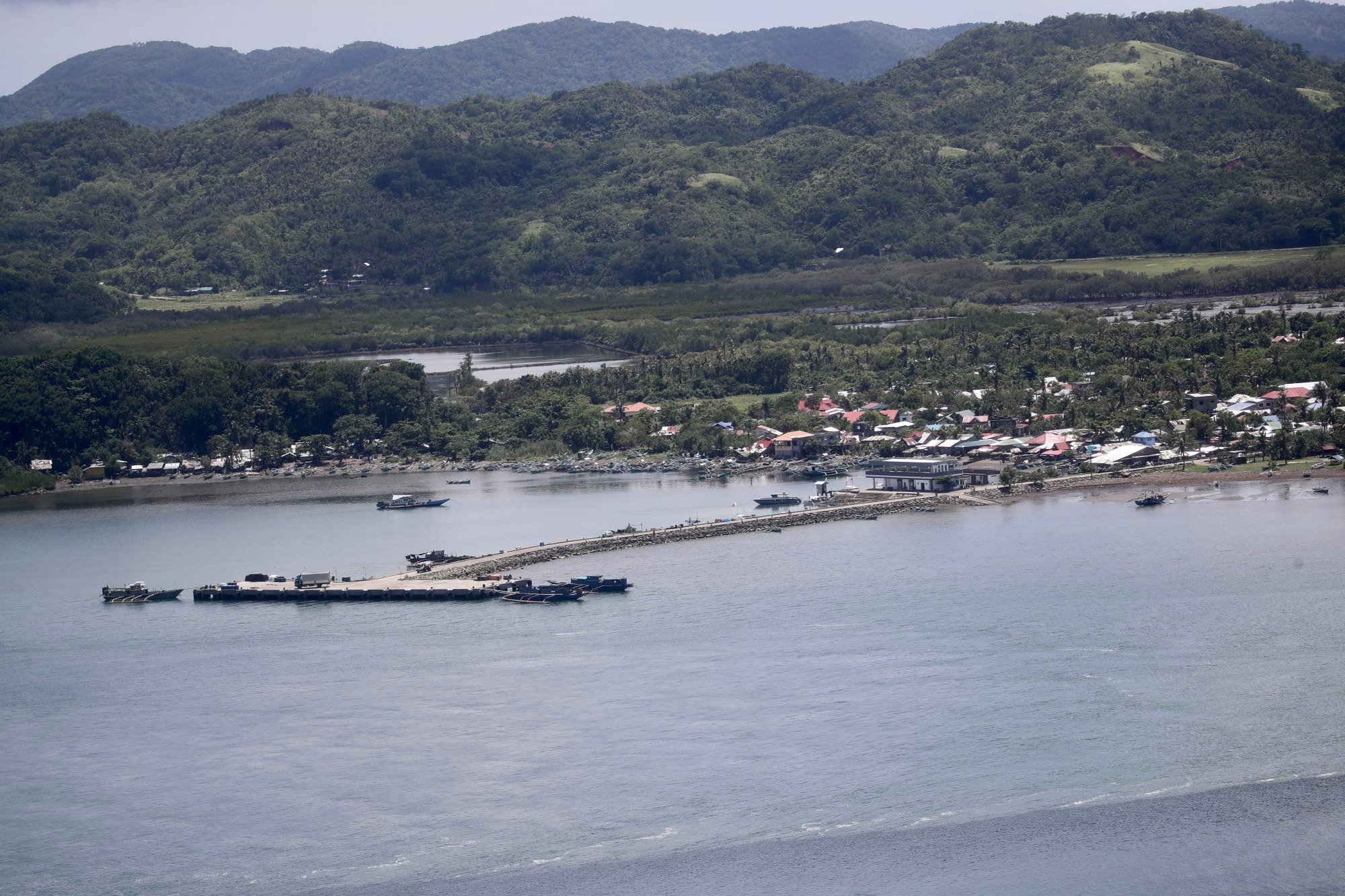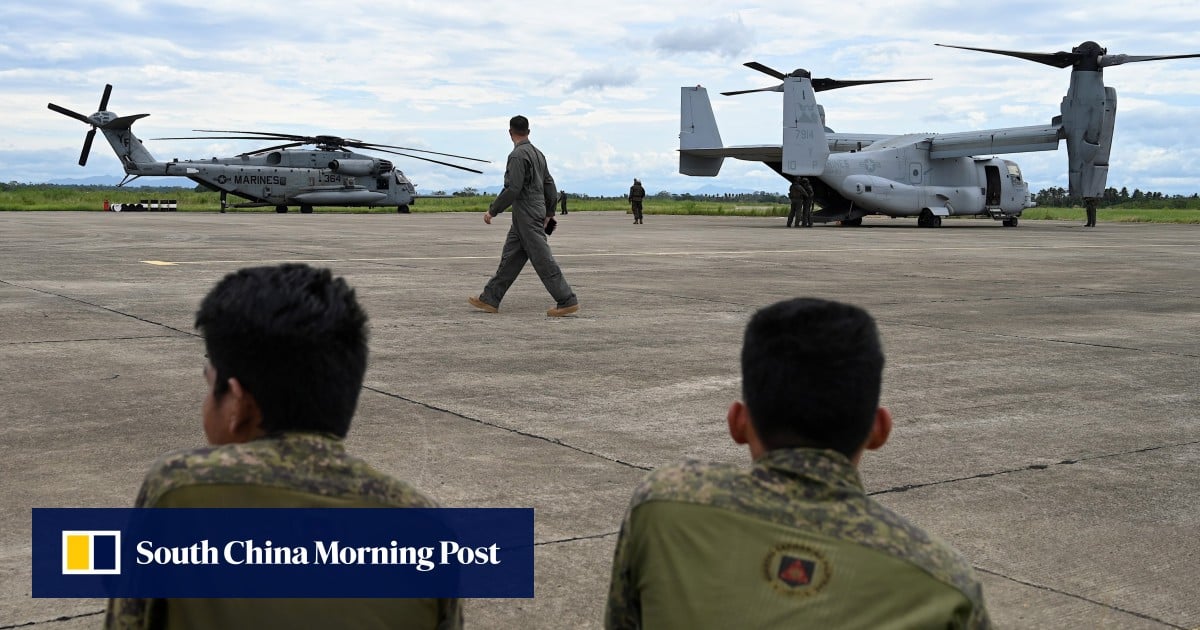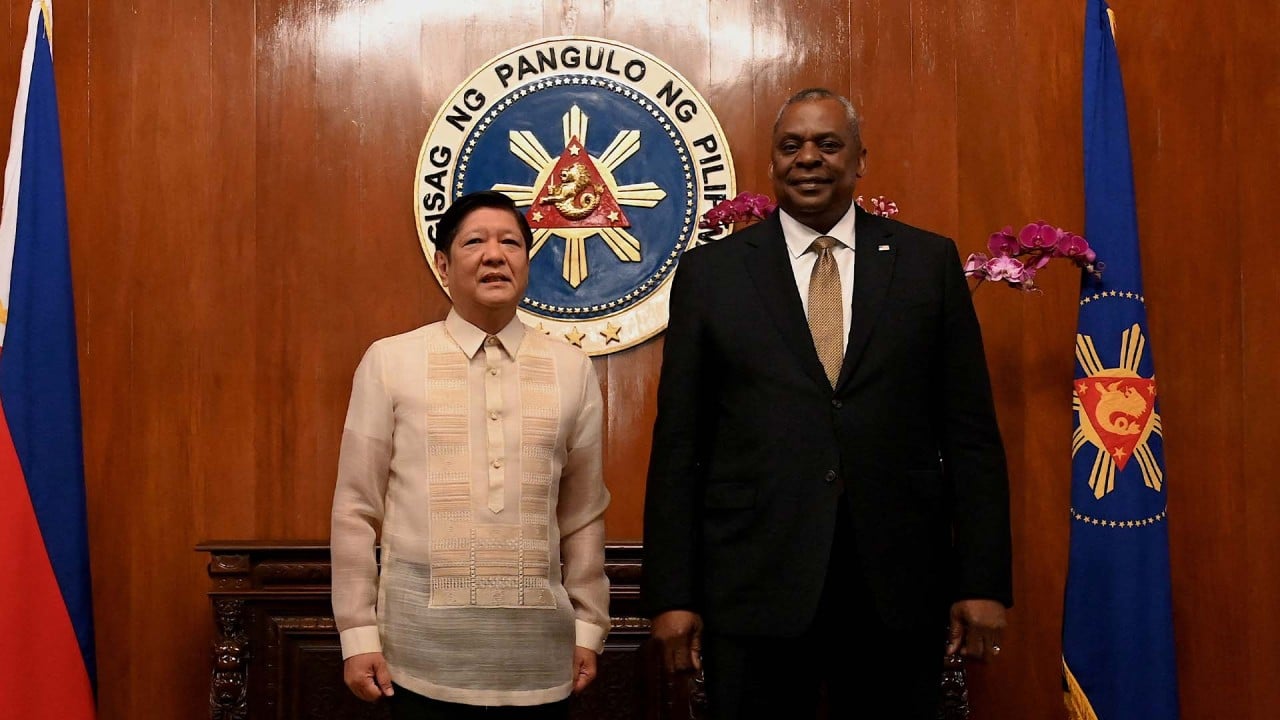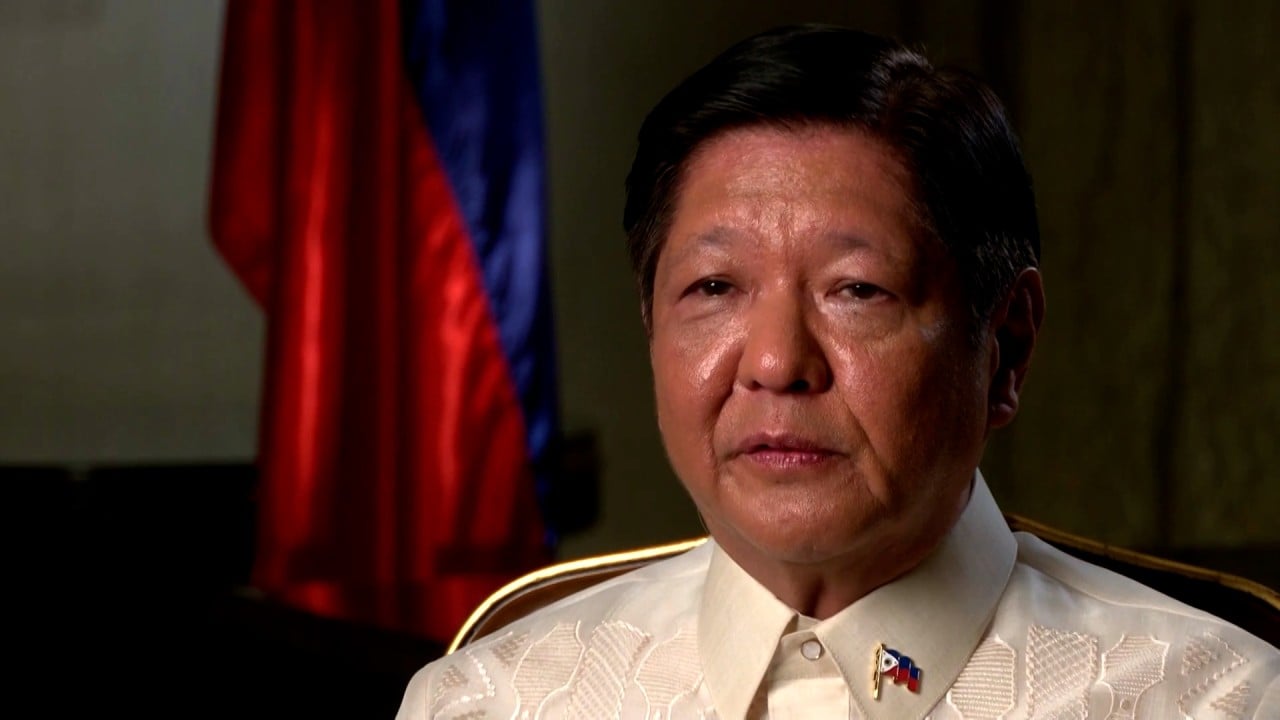There are three new sites in the region under the Enhanced Defence Cooperation Agreement (EDCA), a pact with the United States which allows for large-scale joint military exercises. The Philippines on Monday began its annual Balikatan military drills with the US, with more than 16,000 personnel taking part. The exercises, which will also take place near EDCA sites, run until May 8.
On Sunday, Barbers questioned the motives of the Chinese students in enrolling in Cagayan, saying they could be spies or members of sleeper cells sent to gather intelligence.
“Why are they all there in Cagayan close to the EDCA site? Why are there so many enrolling there? Isn’t it that if you want to pursue a master’s degree, you would go to a big university overseas?” Barbers said. “Is there really that much interest to get a master’s degree from the Philippines?”
The lawmaker also cited a raid last week when police captured a 24-year-old Chinese, Haiqiang Su, and two others. High-powered firearms, including a tactical helmet with “CHINA” markings and a Chinese flag, were recovered from the suspects inside a residential subdivision in Taguig City in Metro Manila.
“There’s a possibility that some of them are spies or sleeper cells,” Barbers said.
Last month, representatives Joseph Lara of Cagayan’s third district and Faustino Dy V of Isabela’s sixth district filed a resolution dated March 20 about “an alarming increase” in the number of Chinese citizens, saying they posed a risk to the Philippines’ national security and economy.
But Maila Ting Que, the mayor of Tuguegarao, slammed the accusation, saying the scrutiny on the Chinese students in her city was unfair.
“This is very unfair to all the institutions who worked so hard for the credibility they have now,” she told ABS-CBN news on Sunday.
“We’re very, very disappointed by what has come out. We’ve been fighting so hard to promote educational tourism. Now it’s being eroded, it is being questioned. There is a cloud hanging over us. It’s very painful.”
Ting Que said local officials and residents were upset by insinuations that foreign students were coming to Tuguegarao due to its proximity to EDCA sites, and not for the quality of education on offer.
“We are the regional government centre as well as a centre for educational excellence … We have a 100 per cent passing rate in boarding exams,” she said.

According to Ting Que, the local government has reached out to the National Intelligence Coordinating Agency, which has said “there are no findings” that these students pose threats.
“We denounce what happened in the West Philippine Sea … But let us also remain calm and be very careful of our pronouncements on social media,” she said. “Don’t sensationalise it. Don’t start warmongering or fearmongering because it’s not doing us any good.”
The West Philippine Sea is the name that Manila designates to parts of the South China Sea that are within its exclusive economic zone.
Speaking to This Week in Asia, Rommel Banlaoi, director of the Philippine Institute for Peace, Violence and Terrorism Research, said the issue was based on mere suspicion.
“The influx of Chinese students in Cagayan, in particular, and the whole Philippines, is just small compared with neighbouring Southeast Asian countries, especially in Thailand, Myanmar and Cambodia,” Banlaoi said.
The number of Chinese students in Thailand, also a US security ally, reached 20,000 in 2022, according to Banlaoi.
“But the influx is raising concern because of growing Sinophobia in the Philippines caused by the government’s excessive pro-US dealing with China in the West Philippine Sea,” he said.
Philippine universities defend Chinese students on Taiwan-facing province
Philippine universities defend Chinese students on Taiwan-facing province
Social activist Teresita Ang See said the perception of Chinese students as spies stemmed from the “deliberate fanning of Sinophobia and racism by politicians and media”.
“Politicians, opinion makers, our military, and police scramble to ride on the issue without checking the facts,” Ang See said at a forum on Saturday in Quezon City.
“We are allowing ourselves to be drawn into a proxy war between China and the United States. We do not see the Americans giving diplomacy a chance to calm turbulent waters and give room for dialogue and peaceful engagement.”
Ang See said neighbouring countries took measures to entice Chinese tourists and Chinese students who wished to improve their English to better qualify for higher studies outside China.
“We, on the other hand, discourage them from coming by exhibiting blatant racism and racial profiling,” she said.
Chester Cabalza, founding president of the International Development and Security Cooperation, said a similar influx of Chinese students had been noted in Subic, an area “fronting the West Philippine Sea”.
“These are key strategic locations in Luzon,” he said. “So you see the importance of this region. That’s the reason why all of a sudden we are wondering why these Chinese students are entering.”
Cabalza urged higher education institutions in Cagayan to be “more stringent” and transparent in their admission process and adopt the policies of international universities.



